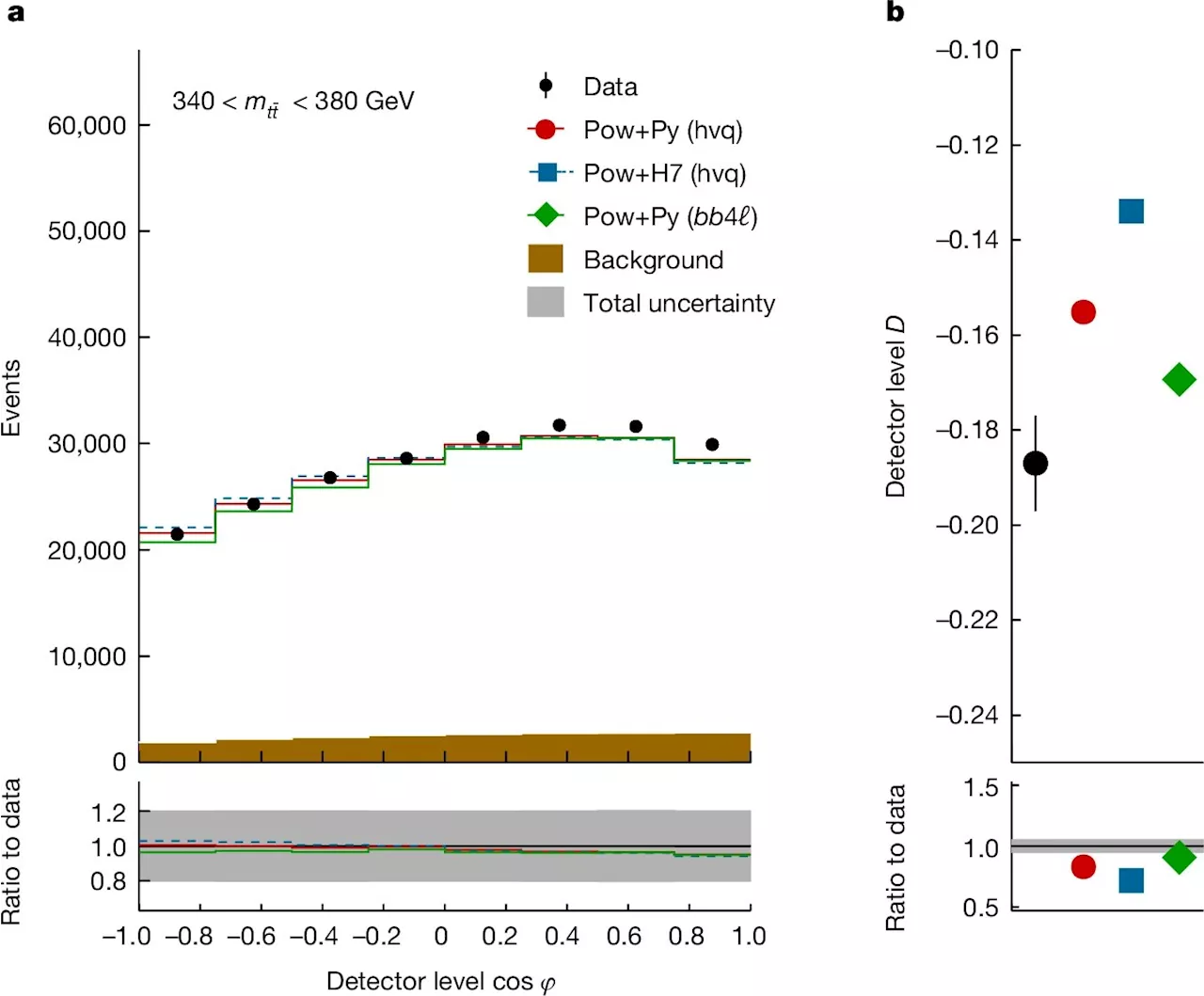Researchers have discovered that entanglement, a quantum phenomenon where particles share a connection beyond distance, disappears entirely above a specific temperature. Previous observations hinted at this 'sudden death' of entanglement, but the new finding provides a mathematically rigorous explanation.
Nearly a century ago, the physicist Erwin Schrödinger called attention to a quirk of the quantum world that has fascinated and vexed researchers ever since. When quantum particles such as atoms interact, they shed their individual identities in favor of a collective state that’s greater, and weirder, than the sum of its parts. This phenomenon is called entanglement. Researchers have a firm understanding of how entanglement works in idealized systems containing just a few particles.
But like ambitious upstarts everywhere, they viewed their relative naïveté as an advantage, a way to see a problem with fresh eyes. “One of our strengths is that we don’t know much quantum,” Moitra said. “The only quantum we know is the quantum that Ewin taught us.” The team decided to focus on relatively high temperatures, where researchers suspected that fast quantum algorithms would exist, even though nobody had been able to prove it.
Entanglement Quantum Mechanics Thermodynamics Temperature Superconductivity
United States Latest News, United States Headlines
Similar News:You can also read news stories similar to this one that we have collected from other news sources.
 Physicists ease path to entanglement for quantum sensingA quantum mechanical trick called 'spin squeezing' is widely recognized to hold promise for supercharging the capabilities of the world's most precise quantum sensors, but it's been notoriously difficult to achieve. In new research, physicists describe how they've put spin squeezing within better reach.
Physicists ease path to entanglement for quantum sensingA quantum mechanical trick called 'spin squeezing' is widely recognized to hold promise for supercharging the capabilities of the world's most precise quantum sensors, but it's been notoriously difficult to achieve. In new research, physicists describe how they've put spin squeezing within better reach.
Read more »
 Physicists ease path to entanglement for quantum sensingNothing in science can be achieved or understood without measurement. Today, thanks to advances in quantum sensing, scientists can measure things that were once impossible to even imagine: vibrations of atoms, properties of individual photons, fluctuations associated with gravitational waves.
Physicists ease path to entanglement for quantum sensingNothing in science can be achieved or understood without measurement. Today, thanks to advances in quantum sensing, scientists can measure things that were once impossible to even imagine: vibrations of atoms, properties of individual photons, fluctuations associated with gravitational waves.
Read more »
 Cold-atom simulator demonstrates quantum entanglement between electronic and motional statesResearchers from the Institute for Molecular Science have revealed quantum entanglement between electronic and motional states in their ultrafast quantum simulator, generated by the repulsive force due to the strong interaction between Rydberg atoms. They also propose a new quantum simulation method including repulsive force between particles.
Cold-atom simulator demonstrates quantum entanglement between electronic and motional statesResearchers from the Institute for Molecular Science have revealed quantum entanglement between electronic and motional states in their ultrafast quantum simulator, generated by the repulsive force due to the strong interaction between Rydberg atoms. They also propose a new quantum simulation method including repulsive force between particles.
Read more »
 LHC experiments observe quantum entanglement at the highest energy yetQuantum entanglement is a fascinating feature of quantum physics—the theory of the very small. If two particles are quantum-entangled, the state of one particle is tied to that of the other, no matter how far apart the particles are.
LHC experiments observe quantum entanglement at the highest energy yetQuantum entanglement is a fascinating feature of quantum physics—the theory of the very small. If two particles are quantum-entangled, the state of one particle is tied to that of the other, no matter how far apart the particles are.
Read more »
 The Large Hadron Collider exposes quarks’ quantum entanglementTop quarks and antiquarks produced in the Large Hadron Collider are entangled, a study shows.
The Large Hadron Collider exposes quarks’ quantum entanglementTop quarks and antiquarks produced in the Large Hadron Collider are entangled, a study shows.
Read more »
 Quantum Entanglement Found in Top Quarks – The Heaviest Particles KnownThe Best in Science News and Amazing Breakthroughs
Quantum Entanglement Found in Top Quarks – The Heaviest Particles KnownThe Best in Science News and Amazing Breakthroughs
Read more »
